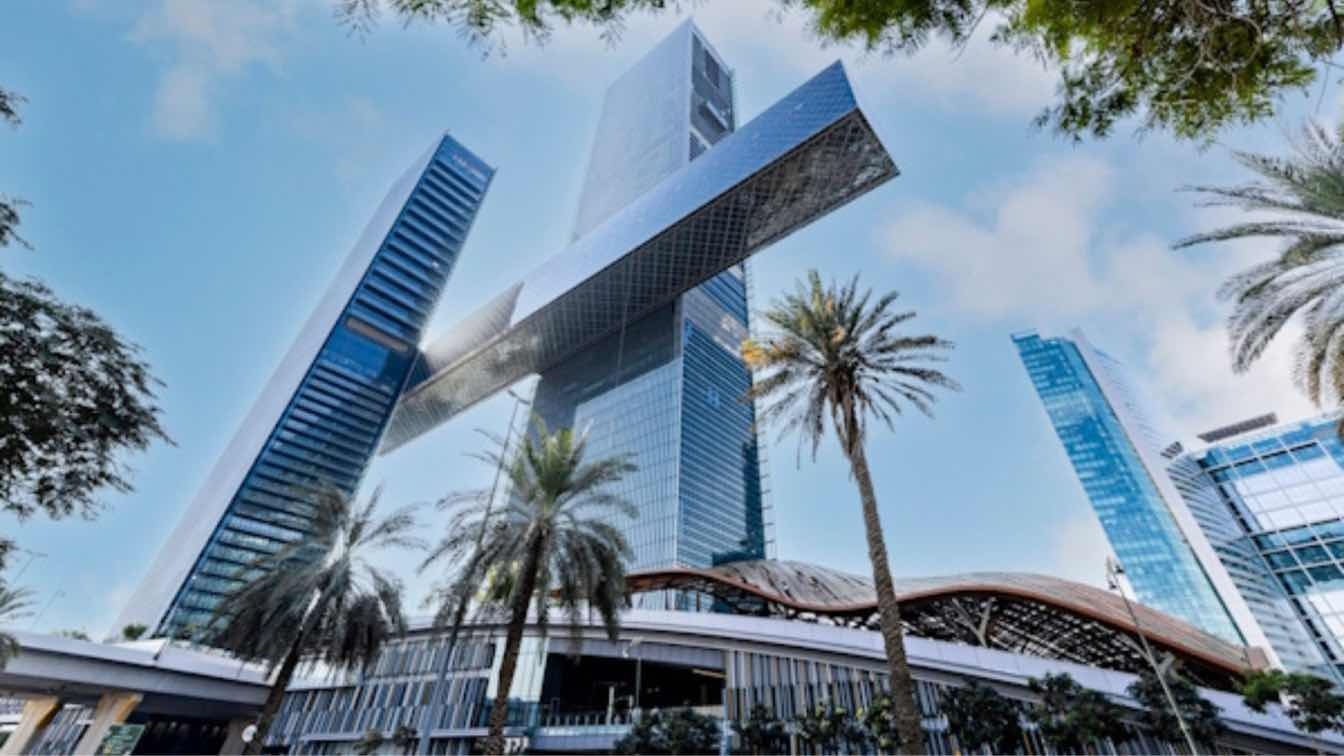
The United Arab Emirates (UAE) is stepping up its efforts to transform its energy landscape and achieve a sustainable future. With ambitious targets to reach net zero carbon emissions by 2050, the country is making renewable energy a central part of its long-term strategy. This push reflects not only the UAE’s commitment to climate action but also its vision to become a global leader in clean energy technology.
The UAE’s Net Zero by 2050 Strategic Initiative was launched to reduce carbon emissions, diversify energy sources, and promote innovation in clean technology. The plan aims to cut the country’s greenhouse gas emissions dramatically while maintaining economic growth and energy security.
The strategy emphasizes a shift from traditional fossil fuels to renewable energy sources, including solar, wind, and nuclear power. The UAE government has set a target to generate 50% of its energy from clean sources by 2050. This approach not only addresses climate change but also ensures long-term energy sustainability for the nation.
Significant investments are being made in renewable energy infrastructure. The UAE is home to some of the world’s largest solar power projects, such as the Mohammed bin Rashid Al Maktoum Solar Park in Dubai. Once fully operational, this solar park will have a capacity of 5,000 megawatts (MW), providing clean energy to hundreds of thousands of homes.
The country is also expanding its nuclear energy program with the Barakah Nuclear Energy Plant in Abu Dhabi. Nuclear energy will provide a steady, low-carbon source of electricity to support the UAE’s growing energy needs. Combined with solar and wind power, these initiatives are key to achieving net zero emissions.

The UAE’s renewable energy ambitions are also supported by the private sector. Companies are investing in innovative technologies such as energy storage, smart grids, and green hydrogen. Green hydrogen, produced using renewable energy, has the potential to become a major clean fuel for industrial and transport sectors.
Additionally, the UAE is promoting research and development in energy efficiency. From sustainable building designs to advanced cooling systems, technology is playing a critical role in reducing energy consumption across industries and urban areas.

Achieving net zero by 2050 requires global cooperation. The UAE is actively partnering with other nations and international organizations to exchange knowledge, attract investment, and implement best practices. The country has signed agreements to promote clean energy projects, carbon reduction initiatives, and joint research programs.
Moreover, the UAE hosts the annual World Future Energy Summit, a global platform that brings together policymakers, innovators, and investors to discuss sustainable energy solutions. This event highlights the country’s leadership role in driving renewable energy adoption worldwide.
The transition to renewable energy is expected to bring significant economic benefits. The sector is creating thousands of jobs in solar, wind, and nuclear industries, as well as in research and technology development. By investing in local talent and education, the UAE is preparing a workforce capable of supporting a green economy.
Socially, the push for net zero contributes to cleaner air, healthier communities, and a higher quality of life. Sustainable energy reduces dependence on fossil fuels, curbs pollution, and minimizes the impacts of climate change on vulnerable populations.
While progress is being made, achieving net zero by 2050 comes with challenges. The UAE must balance energy demand with the integration of renewable sources. Managing energy storage, grid stability, and cost efficiency are critical technical hurdles.
Additionally, the global transition to green energy requires ongoing investment and international cooperation. As the UAE leads in renewable energy adoption, it also sets a benchmark for other nations in the region to follow.
The UAE’s focus on renewable energy and its net zero commitment positions the country as a leader in sustainability. With strong government policies, private sector innovation, and global collaboration, the nation is on track to meet its ambitious 2050 targets.
As the world faces increasing climate challenges, the UAE’s strategy offers a blueprint for other countries aiming to reduce carbon emissions while ensuring economic growth and energy security. The push for renewable energy is not just an environmental imperative it is a long-term investment in the nation’s prosperity and the planet’s future.
READ MORE:- Inside the World of Business Acquisitions: Secrets of Corporate Growth 2025
